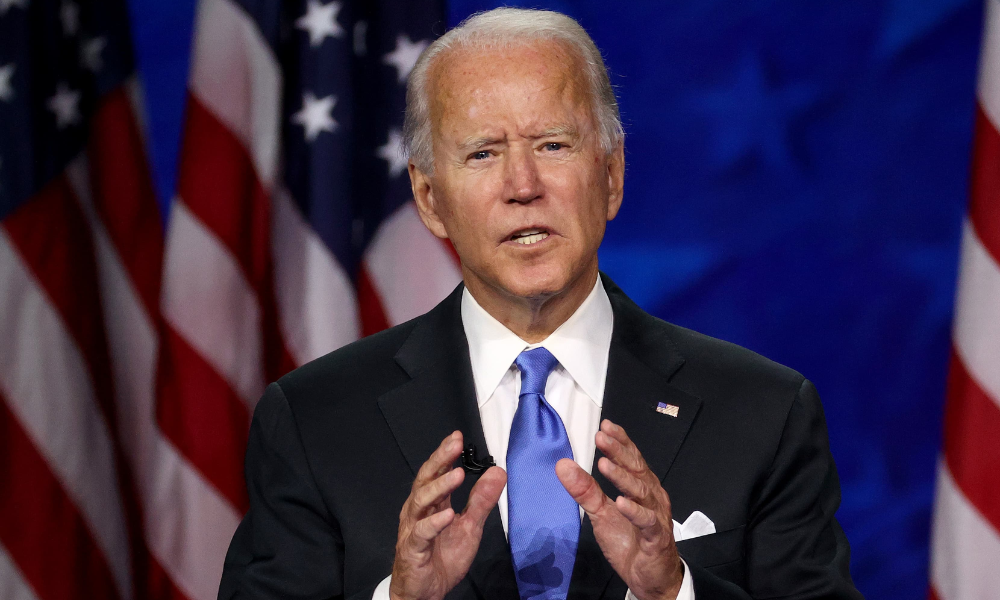
President Joe Biden signed an executive order on Wednesday aimed at regulating new U.S. investments and expertise that supports Chinese development of sensitive technologies.
The new measure, which is expected to be implemented next year, targets investment in semiconductors and microelectronics, quantum computing, and certain artificial intelligence capabilities.
Biden warned in the executive order that certain American investments may contribute to “the development of sensitive technologies and products in countries that develop them to counter United States and allied capabilities.”
“I find that countries of concern are engaged in comprehensive, long-term strategies that direct, facilitate, or otherwise support advancements in sensitive technologies and products that are critical to such countries’ military, intelligence, surveillance, or cyber-enabled capabilities,” the president added.
The executive order will also require outbound U.S. investors to provide notifications to the Treasury Department.
Treasury Secretary Janet Yellen is largely placed at the helm of delivering on this executive order. The measure calls on Yellen to “define sensitive technologies and products in these categories for purposes of the prohibition and the notification requirement.”
Yellen is also tasked with coordinating action with Secretary of Commerce Gina Raimondo, Secretary of State Antony Blinken, Secretary of Defense Lloyd Austin, Secretary of Energy Jennifer Granholm as well as the Director of National Intelligence Avril Haines.
The Chinese Embassy in Washington, D.C., did not immediately respond to CNBC’s request for comment.
Senior administration officials, who spoke on the condition of anonymity ahead of the executive order, said the new measure is tailored so as not to stifle business between the world’s two largest economies.
“We recognize the cross-border investment flows have long contributed to U.S. economic vitality. This executive order protects our national security interests in a narrowly targeted manner while maintaining our long-standing commitment to open investment,” one senior administration official said on a call.
A second official, who also spoke on the condition of anonymity, said the measure was discussed with allies, bipartisan lawmakers, and industry leaders. The official added that the new efforts also address intangible investment benefits like introductions to experts and other networking opportunities.
“China doesn’t need our money, they’re a net capital exporter. So the thing we’re trying to prevent is not money going into China overall, because they have plenty of money. The thing they don’t have is the know-how,” the official said.
The official added that based on previous discussions the Biden administration expects allies to put forth similar restrictions.